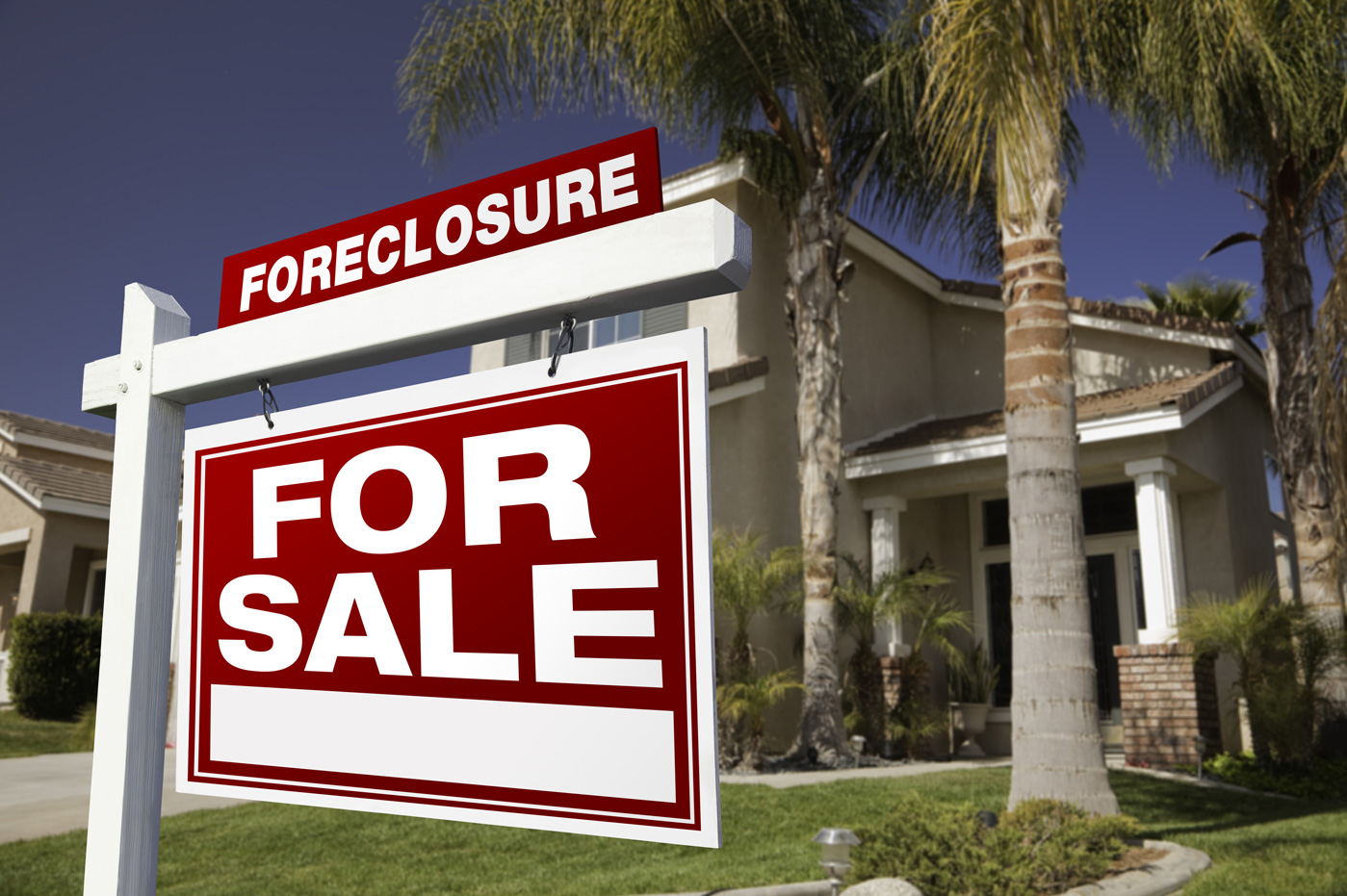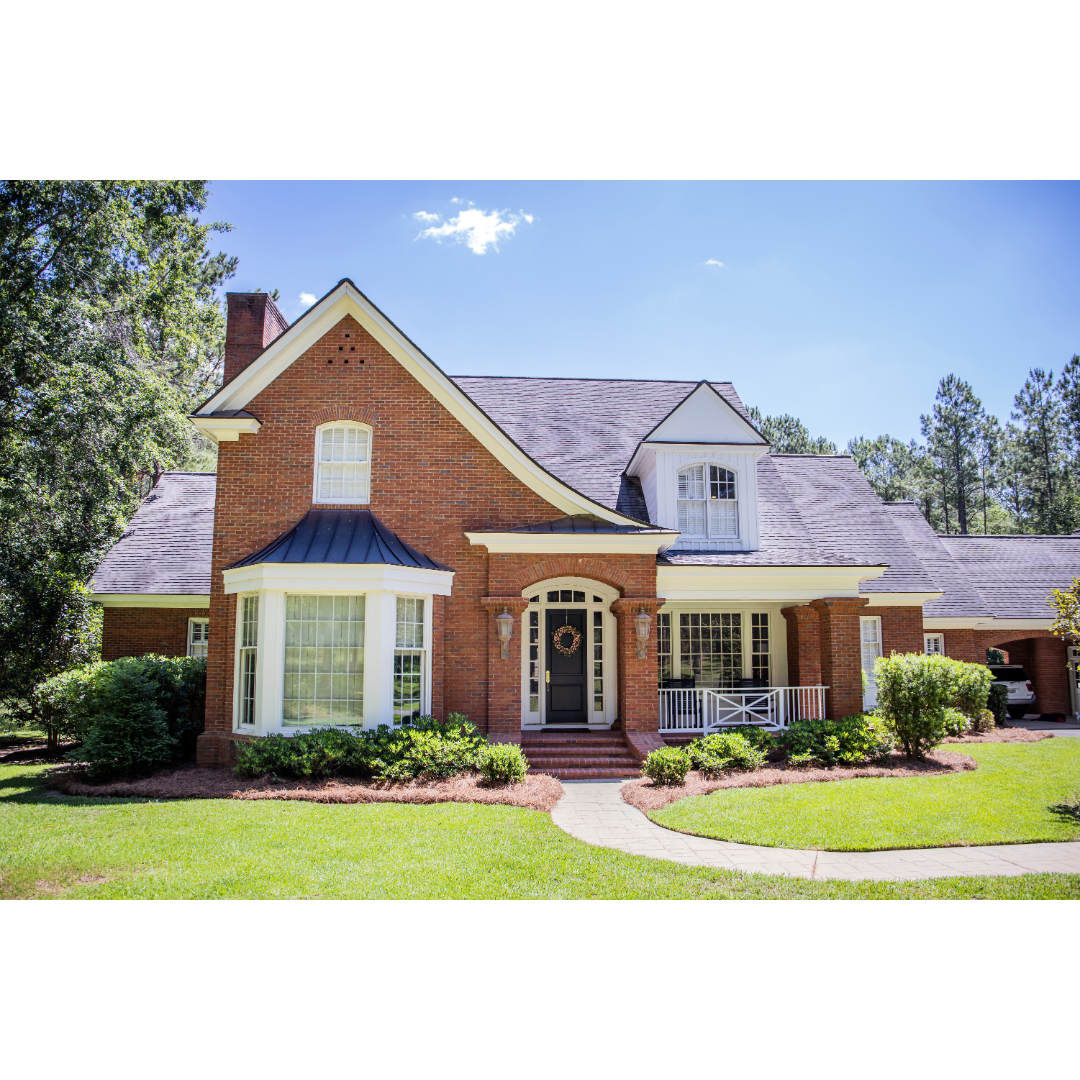Introduction
If you’re a homeowner living in a community run by a HOA (a Homeowner’s Association), it’s easy not to take your late payments to them so seriously.
After all: HOA’s monthly fees aren’t for your home’s mortgage—they’re only for the general upkeep of the community’s amenities and any upgrades.
But if you’re living in South Carolina:
Falling behind HOA fees, for an extended period of time, gives them every right to auction your debt off.
And once someone buys this, they own the rights to your home and will initiate a foreclosure—even if you’re up-to-date with all your mortgage payments.
Whether you’ve found yourself in this situation or just want to stay informed, in this article, we’ll lay out why and how HOA Foreclosures happen—and what you can do to avoid the whole stress of it.
If a HOA is auctioning your debt now:
- You haven’t lost everything.
- There is a way you get your equity.
- Our company can buy your house as-is for cash,
- and will settle all HOA debts for you.
Get in touch with our team now
Why HOA Foreclosures Happen
Before July 2020: HOAs had the authority to foreclose homes themselves in order to get back the fees due to them—but the better news is, this isn’t the case anymore.
Now, a HOA foreclosure can only happen indirectly (i.e. once a lien is put against your home and a buyer buys it at auction—who then triggers your home into foreclosure since they own it).
But let’s take a few steps back…
For your HOA to issue a lien against a home, there must be a build-up on unpaid monthly fees due to them.
These are fees the HOA charges homeowners monthly for the use of their community amenities—very much like a private business charging customers for using its services.
How could these fees build up over time?
- Maybe you’ve been temporarily living elsewhere.
- Maybe you just couldn’t afford the monthly fee.
- Or maybe you just ignored them thinking it’s not a big deal.
Either way, HOA fees can easily spiral out of control over time as they stack up month after month.
A HOA won’t take any legal action until they’ve sent you warning notices, additional fines, and removed your privileges. But if your debts are still unsettled to them: then they will release a lien on your property (i.e. they auction off rights to your home to whoever settles your debt).
The short of it?
You can very truly get evicted from your home because of a HOA—even if you’ve been paying your mortgage on time.
But as mentioned earlier: it never has to reach the foreclosure stage. But just for your awareness, we’ll share the foreclosure process before breaking down how you can avoid it entirely.
What happens in a HOA Foreclosure
A HOA foreclosure depends on which state it’s taking place in (the law can hugely vary!). For South Carolina, here are the general 4 steps:
- The HOA puts a lien on your property
A lien will always be for your unpaid fees to a HOA—but it will often include late charges, fines, interest, and attorney fees which simply add to the financial burden.
- The lien goes to auction
For the HOA to recover their due fees (and all other costs), they will sell your lien on auction to the highest bidder.
- The buyer owns the rights to your home
Once your lien is sold, its buyer becomes the legal owner of your property—even if you have equity in your home and have been paying your mortgage.
- The buyer will proceed with eviction
Since the buyer is now the new owner of your property, they will usually push ahead with evicting you if you’re still in your home—a process that takes 30-90 days.
But as mentioned earlier:
If you’re at this stage—or coming close to it—there’s no need to panic or lose hope.
Now, we’ll explain how you can entirely skip the whole HOA foreclosure headache:
How To Avoid a HOA Foreclosure
For a homeowner in South Carolina who has a lien against their property by a HOA: there are different ways you can go about stopping any foreclosure—but it all depends on your circumstances.
If there’s one key takeaway you can have, it’s this:
There’s never a need to file for bankruptcy to avoid foreclosure. Whatever your financial situation or means are, there will always be a better option for you.
Option 1
If you can afford it: pay off the full amount of debt.
At the end of the day, this is why the HOA put a lien against your property in the first place. If you can pay off your outstanding balance, you’ll be sorted.
Option 2
If you can afford some of it: ask to set up a payment plan.
If your HOA is open to communicating with you and is flexible (always a big ‘if’) you could ask if you can pay your debt off in installments you can afford.
Option 3
If you can’t afford it and were wronged: defend your case.
There are times a HOA charges incorrectly (e.g. they didn’t track payments or didn’t follow state law).
If that’s been the case with you, 100% you can defend it—but this process does require you to pay for attorney fees which can be a problem of its own.
Option 4
If you can’t afford it OR don’t want to pay out of pocket: sell your property.
If you’ve racked up a lot of debt with the HOA or simply can’t make what’s due, selling your house can be a way to: 1) Get some cash from your property 2) Get rid of the whole foreclosure headache.
While a traditional real estate sale wouldn’t work, you can sell to a home-buying company that is ready to buy your property as-is—but they have to be willing to pay the lien off for you.
Having helped homeowners with that for years, we’ll share below what we can do for you as a Home Buying Company in South Carolina.
How we can help you
Whatever your circumstances are—and however much fees are overdue to your HOA—we can buy your property from you quickly.
- You won’t have to pay off your fees first (we pay them off for you)
- You won’t have to pay anything out of pocket (we have no closing fees)
- You won’t have to fix a thing (we buy properties as-is)
- You won’t have to worry about timelines (we close in as little as 5 days)
Simply share with us some information about your home.
We’ll view it (either in-person or via a mobile video call).
And then you’ll receive a fair cash offer, no matter where your HOA fees stand.
As a local Home Buyer company who’s bought properties from hundreds of homeowners in South Carolina, we know how important it is to have a transparent, smooth process to a home sale—especially with the stress of a looming foreclosure—and we always ensure that for you.
We’ve here to help you find a better way,
and our team is always ready to help you understand your sale options with us.
To get in touch directly, call us anytime at 912-433-6726.


